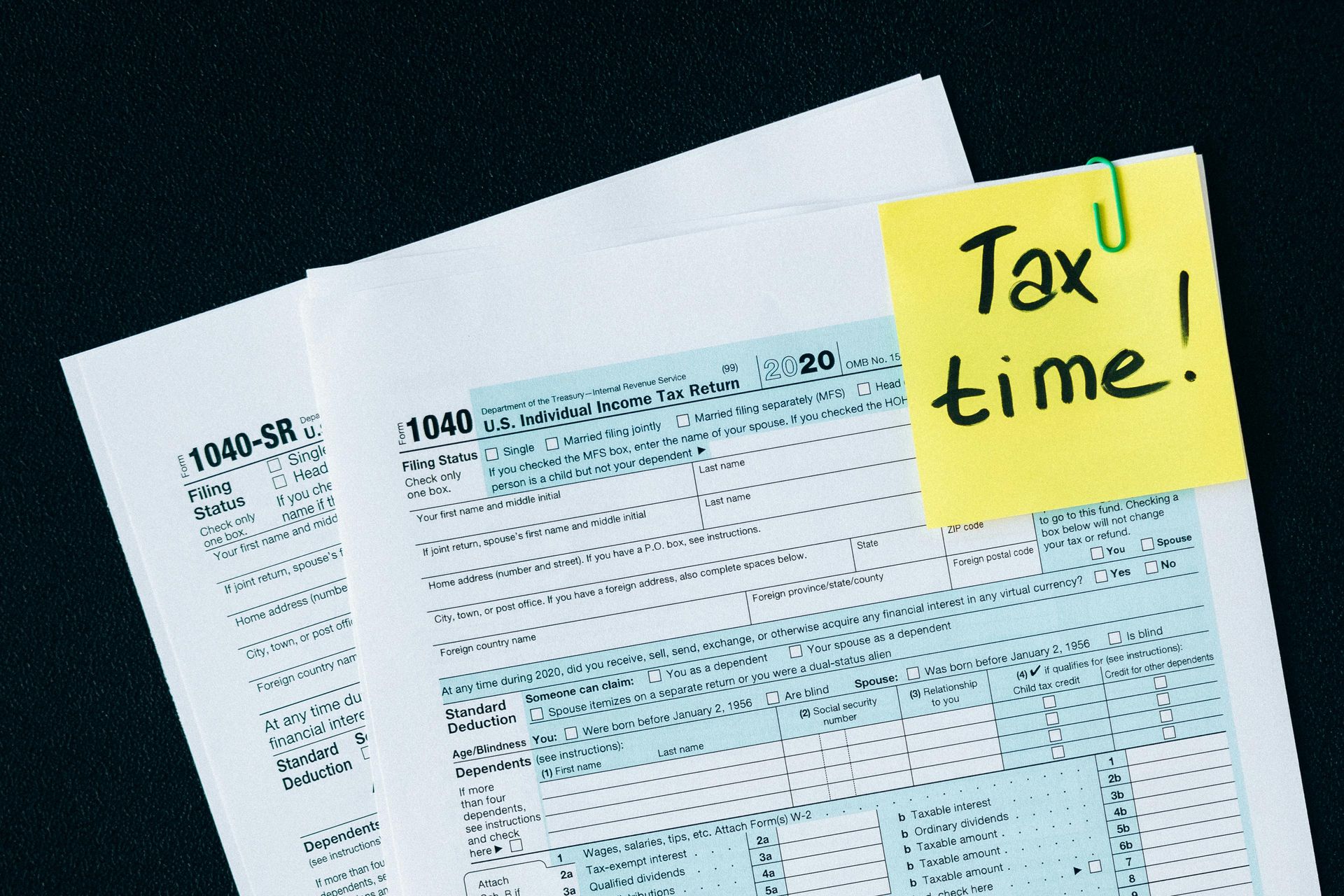How to Handle a Tax Audit Like a Pro: A Small Business Owner’s Guide
Facing a tax audit can be nerve-wracking — even for the most organized business owners.
Whether you've received a notice from the IRS or a state tax agency, the process can feel overwhelming if you’re not prepared.
But here’s the truth: tax audits aren’t as scary as they seem — especially when you know how to respond, what to provide, and who to turn to for support.
At N.E.W. Accounting, we help business owners like you face audits with clarity, confidence, and peace of mind.
In this guide, we’ll walk you through everything you need to know to handle a tax audit like a pro.
What Triggers a Tax Audit?
While some audits are randomly selected, others are triggered by inconsistencies or red flags in your tax return. Here are some of the most common triggers:
- Unusual or large deductions relative to income
- Consistently reporting business losses year after year
- Discrepancies between your return and third-party forms like W-2s or 1099s
- High income levels, especially above $200,000
- Rounded numbers or estimates instead of exact figures
- Cash-based businesses, which tend to get extra scrutiny
The key takeaway? Being accurate and thorough in your filings reduces your audit risk, but it doesn’t eliminate it. That’s why preparation matters.

Types of Tax Audits
Not all audits are created equal. The type of audit you're facing will determine how you should respond.
- Correspondence Audit: Conducted by mail. The IRS asks for documentation to support specific items on your return (e.g., charitable donations, business expenses).
- Office Audit: You're asked to appear at a local IRS office with your paperwork and explanations ready.
- Field Audit: The most comprehensive. An IRS agent visits your place of business (or your accountant’s office) to examine your records.
Regardless of the type, being proactive and organized will help things go more smoothly.
How to Handle a Tax Audit Like a Pro
Stay Calm and Read the Notice Carefully
The first step is not to panic. Make sure to read the audit letter in it's entirety and highlight key information.
- The tax year being audited
- The specific items under review
- What documents do you need to provide
- Your deadline to respond
Mark all important dates and make a checklist of what's needed.
Gather and Organize Your Records
Start compiling the requested documents that are outlined in the audit letter; in most cases, they start with the exact outline of requests.
- Receipts and invoices for deductions
- Mileage logs
- Payroll records
- Bank and credit card statements
- Prior year tax returns
- Any bookkeeping or accounting records
Keep everything organized and labeled. A clean, professional presentation shows you're serious — and makes the auditor's job easier.

Get Help From a Tax Professional
If you don't already work with a professional, now's the time to get expert support.
A qualified CPA can help you understand and navigate the stress of a tax audit when it comes down to tax law and the minute details. While they provide a wide range of services, here's a quick snapshot of how they can assist with the audit.
- Review your return and records for accuracy
- Communicate with the IRS on your behalf
- Identify opportunities to clarify or correct issues
- Help minimize any penalties or additional tax due
A CPA gives you a stronger voice and vast accounting knowledge, and can help avoid unnecessary complications or costly errors.
Be Honest and Transparent
Trying to hide errors or falsify documents will only make things worse. If you made a genuine mistake, it's best to admit it and work toward a resolution. Auditors appreciate honesty and cooperation, and are far more likely to be reasonable if you are, too.
Know Your Rights
As a taxpayer, you're entitled to fair treatment under the Taxpayer Bill of Rights.
- The right to professional and courteous service
- The right to retain representation
- The right to appeal IRS decisions
- The right to a clear explanation of your case
If you feel the audit process is unfair or unclear, don't hesitate to request a supervisor review or consider filing an appeal.

Plan for the Future
Even after the audit is resolved, it's a good idea to tighten your financial systems moving forward. We help clients set up best practices to stay audit-ready year-round.
- Cloud-based bookkeeping
- Real-time expense tracking
- Monthly reconciliations
- Digital receipt storage
- Year-round tax planning
A smooth audit starts with solid records, and we can help you build exactly that.
Work With N.E.W. Accounting
A tax audit doesn't have to be a crisis. With the proper documentation, professional guidance, and calm approach, you can navigate it efficiently — and maybe even walk away with a better understanding of your finances.
At N.E.W. Accounting, we can help you compile your documents and prepare all of the information needed for the audit; from there we will hand off everything to a qualified CPA, where they assist with the rest of your audit.
At N.E.W. Accounting, we're here to make sure you never have to face an audit alone.
Whether you've received a notice or simply want to be better prepared, our team is ready to support you.


